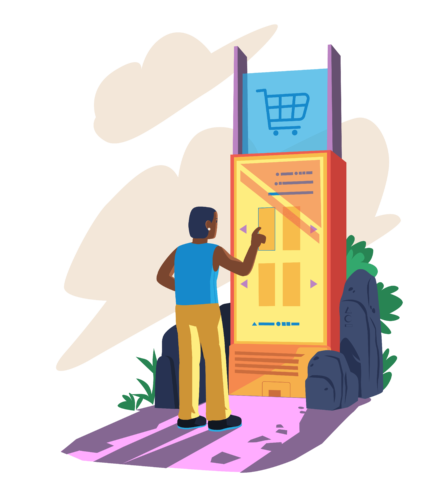Is Your WordPress Site Slow? Here’s Why Speed Kills Conversions
Imagine this: a potential customer lands on your website, excited to explore your services or products. But instead of a seamless experience, they encounter a slow-loading page. Frustrated, they click away and find a competitor with a faster website. Sound familiar? If your WordPress site is sluggish, you’re not just losing visitors — you’re losing conversions and revenue.
Page speed is a critical factor in user experience, SEO, and conversion rates. A delay of just one second can reduce conversions by 7% and increase bounce rates significantly. But why is your WordPress site slow, and what can you do about it?
Common Reasons Why Your WordPress Site Is Slow
- Unoptimized Images
Large, high-resolution images take longer to load, slowing down your site. - Too Many Plugins
While plugins add functionality, too many can create conflicts and slow performance. - Poor Hosting
Shared hosting plans with limited resources can cause slow page speeds, especially during high traffic periods. - Render-Blocking JavaScript & CSS
Excessive scripts can prevent pages from loading efficiently. - Lack of Caching
Without proper caching, your site has to generate pages dynamically every time a user visits, increasing load time. - Excessive HTTP Requests
Each element (images, stylesheets, scripts) requires an HTTP request, and too many can slow things down. - Ads or Popups
Too many ads or intrusive popups can slow page load times and negatively impact user experience. - A Heavy Theme
Some themes come with excessive built-in features that can significantly reduce site speed. - Issues With a Plugin(s)
A poorly coded or outdated plugin can conflict with your site and cause performance issues.
Quick Fixes to Speed Up Your WordPress Website
- Optimize Your Images: Use tools like TinyPNG or Smush to compress images without losing quality.
- Limit Plugins: Deactivate and remove unnecessary plugins; keep only the essential ones.
- Upgrade Your Hosting: Consider a managed WordPress hosting solution for better performance.
- Enable Caching: Use a caching plugin like WP Rocket or W3 Total Cache.
- Minify CSS and JavaScript: Reduce file sizes by minifying scripts with plugins like Autoptimize.
- Use a Content Delivery Network (CDN): A CDN distributes your site across multiple servers, improving load times.
Why Professional WordPress Maintenance Matters
While quick fixes can provide a temporary boost, maintaining an optimized and secure WordPress site requires ongoing attention. A slow site might indicate deeper technical issues that go beyond simple optimizations.
Our WordPress maintenance and support services ensure that your website remains fast, secure, and fully functional. We handle everything from speed optimization and plugin management to security updates and bug fixes, allowing you to focus on your business without technical worries.
Don’t Let a Slow Site Hurt Your Business
If your WordPress site is underperforming, it’s time to take action. Contact us today, and let’s optimize your website for speed, conversions, and growth.


